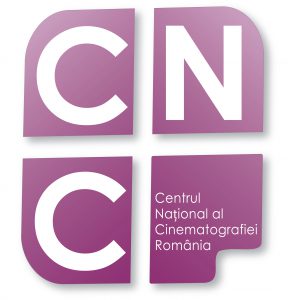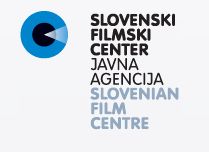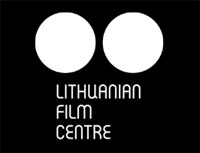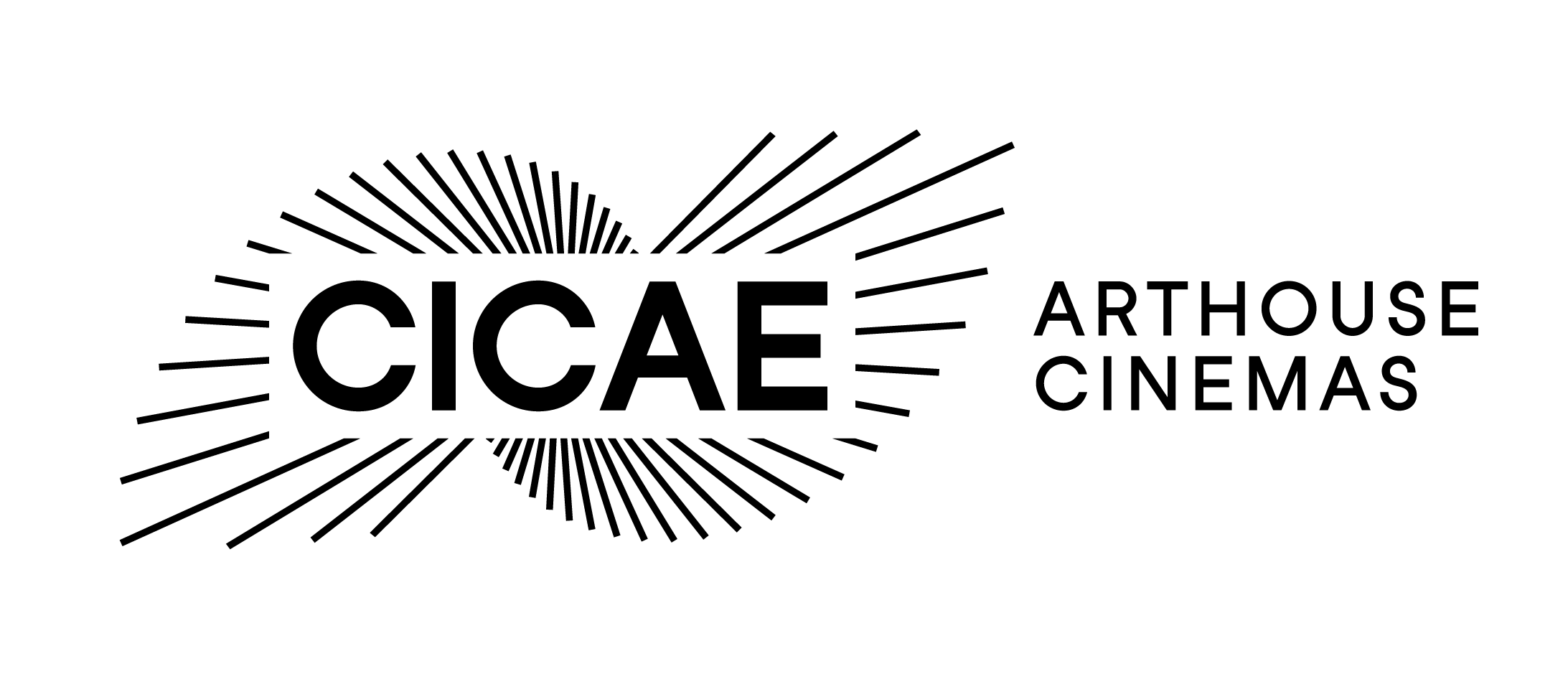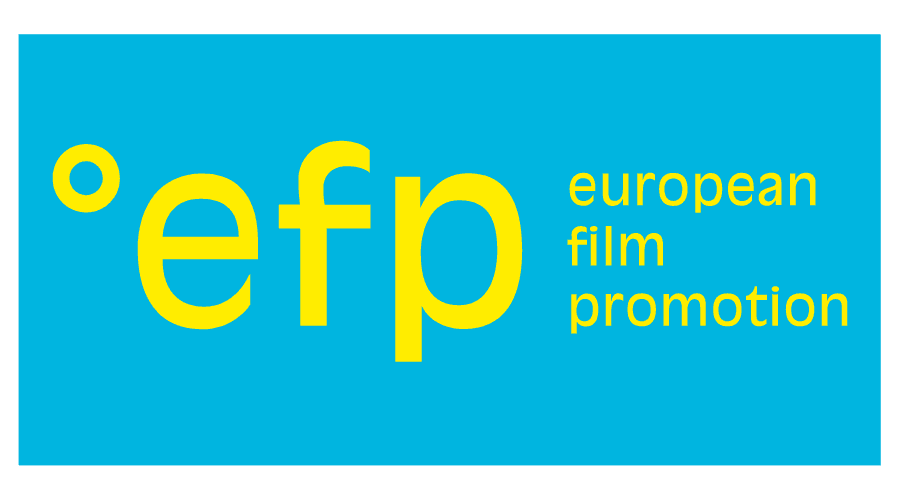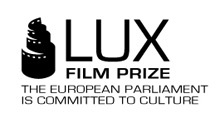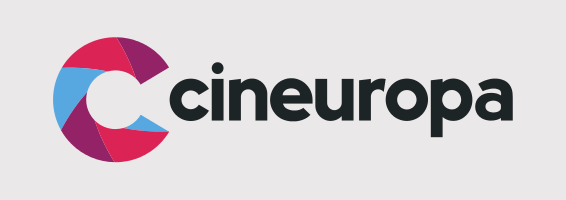
About FNE (3)
Sponsors and Partners
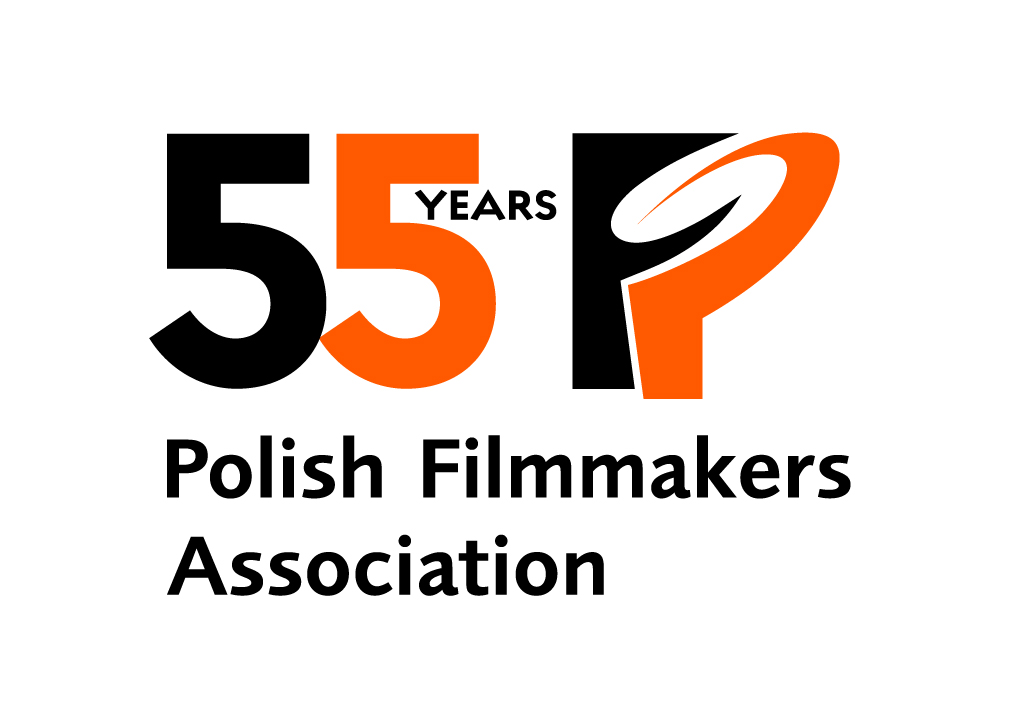 The Polish Filmmakers Association (SFP) is Poland's largest organisation of film professionals. The Association promotes Polish film domestically and abroad, supports talented young filmmakers, and produces debut films. The Association is a member of the leading international audiovisual organisations. SFP is an entity involved in collective copyright management.
The Polish Filmmakers Association (SFP) is Poland's largest organisation of film professionals. The Association promotes Polish film domestically and abroad, supports talented young filmmakers, and produces debut films. The Association is a member of the leading international audiovisual organisations. SFP is an entity involved in collective copyright management.
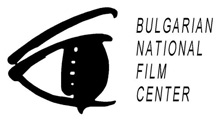 The Bulgarian National Film Center (NFC) is the Executive Agency of the Bulgarian Ministry of Culture that administrates the implementation of the Film Industry Act (FIA). The main functions of the Agency are to finance film production, film managing, distribution and exhibition of films, to support the promotion of Bulgarian films in this country and abroad, to keep the register under the FIA, to stimulate the development of the film culture.
The Bulgarian National Film Center (NFC) is the Executive Agency of the Bulgarian Ministry of Culture that administrates the implementation of the Film Industry Act (FIA). The main functions of the Agency are to finance film production, film managing, distribution and exhibition of films, to support the promotion of Bulgarian films in this country and abroad, to keep the register under the FIA, to stimulate the development of the film culture.
The Romanian Film Centre is the national body of the central administration and under the supervision of the Ministry of Culture.
 The Association of Filmmakers of Bosnia and Herzegovina is a professional association which gathers filmmakers, who are professionally engaged in filmmaking and was founded in 1950.
The Association of Filmmakers of Bosnia and Herzegovina is a professional association which gathers filmmakers, who are professionally engaged in filmmaking and was founded in 1950.
The Croatian Audiovisual Centre (HAVC) is the Government -.backed strategic agency for the audiovisual sector in Croatia. It aims to stimulate a successful, vibrant audiovisual industry as well as to promote the widest possible enjoyment and understanding of audiovisual works throughout Croatia.
 Republic of Cyprus - Ministry of Education and Culture (Cinema Advisory Committee)
Republic of Cyprus - Ministry of Education and Culture (Cinema Advisory Committee)
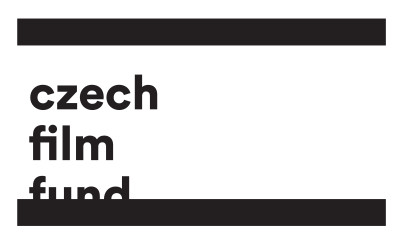 The Czech Film Fund (Státní fond kinematografie), established 1 January 2013, is the main tool for public support of cinema in the Czech Republic. The funding is granted in the areas of development, production, distribution, promotion, technological development, publications, education and training, festivals and events, protection, preservation and access to film heritage.
The Czech Film Fund (Státní fond kinematografie), established 1 January 2013, is the main tool for public support of cinema in the Czech Republic. The funding is granted in the areas of development, production, distribution, promotion, technological development, publications, education and training, festivals and events, protection, preservation and access to film heritage.
The Czech Film Fund is the main sponsor of the Czech section of Film New Europe.

Czech Republic. Ministry of Culture
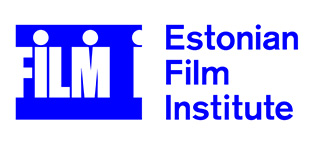 Estonian Film Institute (EFI) was reorganized on the basis of Estonian Film Foundation in 2013 by the Government of Estonia as a private legal institution.
Estonian Film Institute (EFI) was reorganized on the basis of Estonian Film Foundation in 2013 by the Government of Estonia as a private legal institution.
The objective of Estonian Film Institute is to preserve and develop Estonian national film culture. The foundation is guided by the cultural policy of the Republic of Estonia and the trends in the field of film.
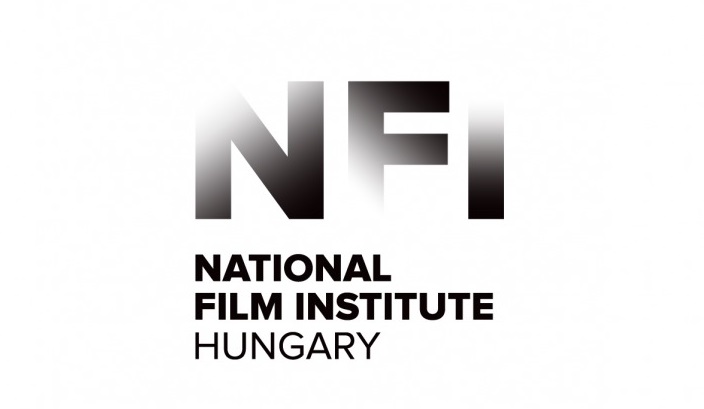 The mission of the National Film Institute (NFI) (as the successor of the Hungarian National Film Fund), in operation from January 2020, is to contribute to the production of Hungarian films or co-productions that provide art and entertainment for the audience on all platforms and bring significant success both domestically and on an international level.
The mission of the National Film Institute (NFI) (as the successor of the Hungarian National Film Fund), in operation from January 2020, is to contribute to the production of Hungarian films or co-productions that provide art and entertainment for the audience on all platforms and bring significant success both domestically and on an international level.
The Malta Film Commission is a government body established by CHAPTER 478 (Act No. 7 of 2005) of the Laws of Malta, consisting of an advisory body for the role of advising the Minister responsible for the film sector on policies pertaining to the promotion, development and support of the audiovisual and film servicing industry.
The goal of the Slovenian Film Centre is to encourage creativity in the film and audiovisual field in the Republic of Slovenia by creating suitable conditions for film, audiovisual and cinematographic activities.
Slovenian Film Centre, a public agency of the Republic of Slovenia, became operational on 19 January 2011 as a successor of the Slovenian Film Fund – a public fund.
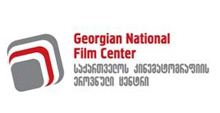
 The Slovak Audiovisual Fund is the main public funding institution for the Slovak film industry. The aim of the Fund is to support the whole film value chain development, production, distribution and promotion of audiovisual works, festivals, research, training activities and technological development (first of all digitisation of cinemas). Finances of the Fund are based on the combination of state budget subsidies and contributions by subjects using audiovisual works. Slovak Section on Film New Europe was financially supported by Slovak Audiovisual Fund.
The Slovak Audiovisual Fund is the main public funding institution for the Slovak film industry. The aim of the Fund is to support the whole film value chain development, production, distribution and promotion of audiovisual works, festivals, research, training activities and technological development (first of all digitisation of cinemas). Finances of the Fund are based on the combination of state budget subsidies and contributions by subjects using audiovisual works. Slovak Section on Film New Europe was financially supported by Slovak Audiovisual Fund.
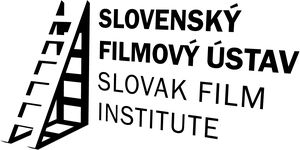 The Slovak Film Institute, member of FIAF and European Film Promotion, is the sole national institution in the field of cinematography in Slovakia. It consists of the National Film Archive and the National Cinematographic Centre. SFU handles producer rights to Slovak films produced by 1991, and supports the international presentation of both the archive films and current independent film production.
The Slovak Film Institute, member of FIAF and European Film Promotion, is the sole national institution in the field of cinematography in Slovakia. It consists of the National Film Archive and the National Cinematographic Centre. SFU handles producer rights to Slovak films produced by 1991, and supports the international presentation of both the archive films and current independent film production.
The Lithuanian Film Centre, established in May, 2012, is a state institution under the Ministry of Culture of the Republic of Lithuania. The Centre operates under the Film Law (amended in 2011).
The aim of the Centre is to participate in designing an effective film and audiovisual sector policy and to foster the sustainability of the Lithuanian film industry.
National Film Centre of Latvia was established on December 23, 1991, as a state institution under the Ministry of Culture. The organisation‘s main objectives are: to administer the Government’s financial support to Latvian films; to prepare legal acts and Governmental documents securing the functioning of filmmaking in Latvia; to preserve the national audio-visual heritage; to promote Latvian films abroad; to co-operate with the relevant international and national organisations; to register films and videos, as well as issue licences to video distribution companies in Latvia; to form a data-base of Latvian films and filmmakers.
 The North Macedonia Film Agency, established under the Film Industry Law (Official Gazette of Republic of North Macedonia No.82/2013), officially began its operation on 01.01.2014 as a legal successor of the Macedonian Film Fund. Primary objective of the Macedonian Film Agency is to stimulate and support the development of the Macedonian film industry.
The North Macedonia Film Agency, established under the Film Industry Law (Official Gazette of Republic of North Macedonia No.82/2013), officially began its operation on 01.01.2014 as a legal successor of the Macedonian Film Fund. Primary objective of the Macedonian Film Agency is to stimulate and support the development of the Macedonian film industry.
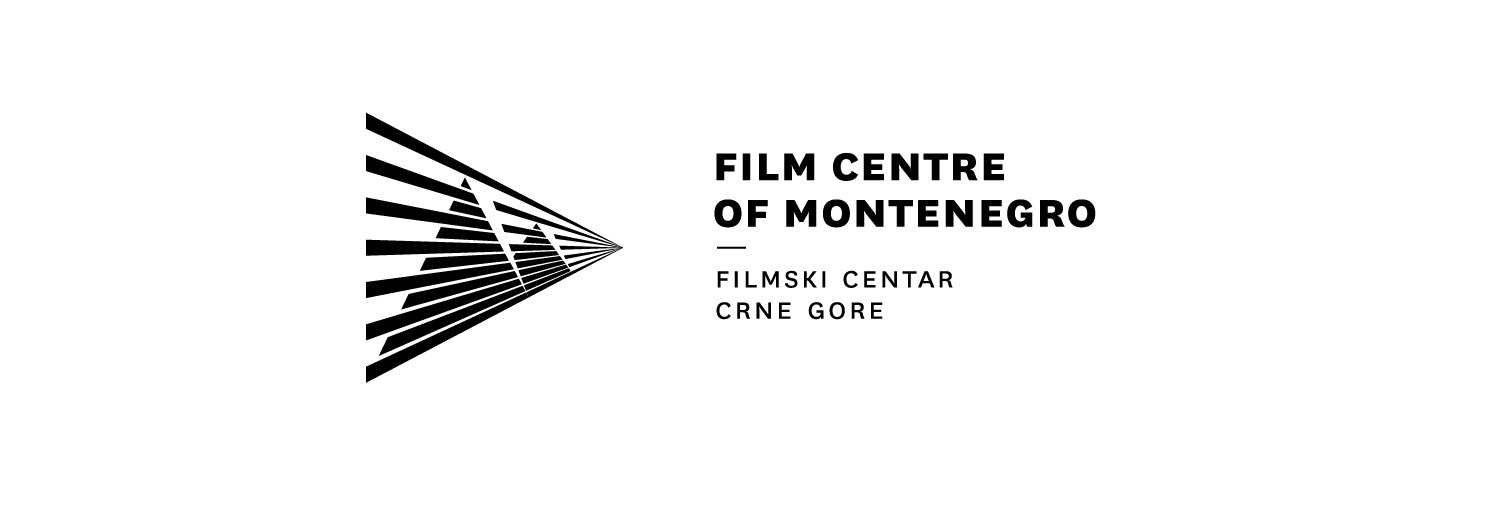 The Film Centre of Montenegro is a public institution, established in 2017, to improve and develop the Montenegrin cinematography.
The Film Centre of Montenegro is a public institution, established in 2017, to improve and develop the Montenegrin cinematography.

FILM CENTER SERBIA is a governmental institution of national importance that provides professional assistance to filmmakers. It was founded by the Republic of Serbia, and the founder's rights are exercised by the Government in the name of the Republic of Serbia.
___________________________________________________________________________________________________________________________________________
FNE PARTNERS
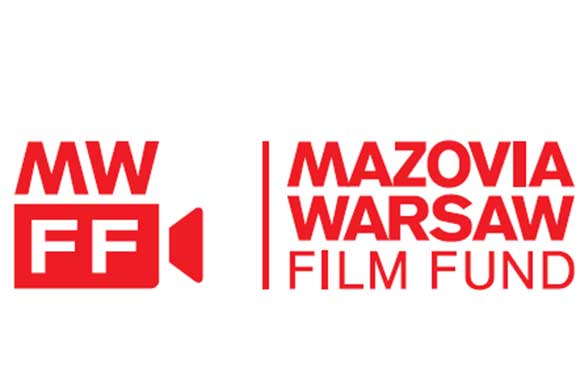
Mazovia Warsaw Film Commission is a regional, free of charge service to support national and foreign film crews that are interested in shooting in Warsaw, Plock, Radom, Ciechanow, Ostroleka, Zyrardow, Pultusk... or other areas of the Mazovian voivodship.
MWFC is responsible for creating optimal conditions to film crews which work in our region. MWFC's mission is special. For to the biggest production base in Poland, capital city's and region's infrastructure, MWFC acts as a guide, advisor and intermediary.
Since 1955, the CICAE has been working to promote cultural diversity in cinemas and festivals.
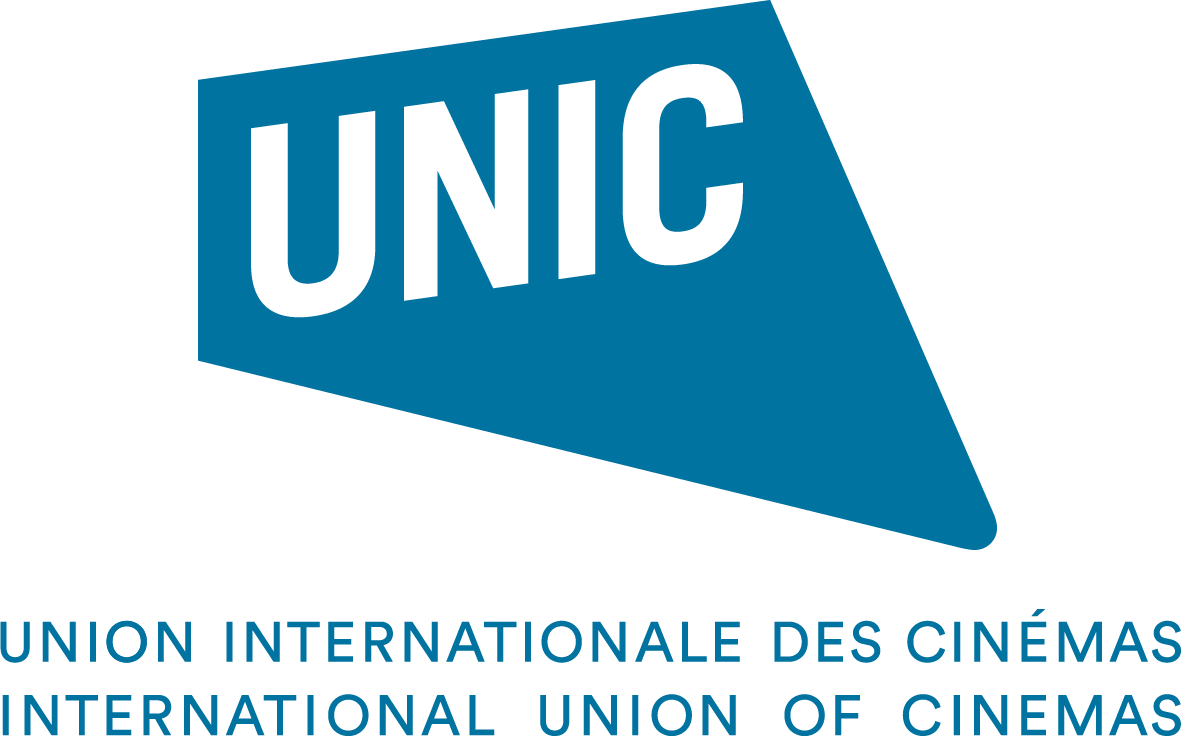
The Union Internationale des Cinémas/International Union of Cinemas (UNIC) is the European grouping of cinema trade associations and key operators, covering 38 territories across the region. We promote the cultural, social and economic benefits of a vibrant cinema-going culture in Europe and provide a strong and influential voice for European cinema operators on issues of shared interest.

ScripTeast is a project-based training program, designed for professional screenwriters from Central and Eastern Europe, organised by the Independent Film Foundation.
Pitch the Doc is your platform for continuous presentation and building of international recognition of curated documentary film projects at any stage of production, on any topic and from any country. We cooperate with various market initiatives to improve the common experience and international activity of the documentary market. You can register here: https://platform.pitchthedoc.com/login
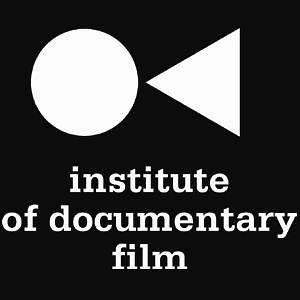 The Institute of Documentary Film (IDF) has been supporting creative documentary films from Central and Eastern Europe since 2001. The IDF provides both emerging and experienced filmmakers with training, financing, networking and pitching opportunities, helps them get international attention and co-productions, rewards the exceptional projects with Awards and further opportunities and improves their orientation on the international market.
The Institute of Documentary Film (IDF) has been supporting creative documentary films from Central and Eastern Europe since 2001. The IDF provides both emerging and experienced filmmakers with training, financing, networking and pitching opportunities, helps them get international attention and co-productions, rewards the exceptional projects with Awards and further opportunities and improves their orientation on the international market.
 European Audiovisual Entrepreneurs, EAVE, is a professional training, project development and networking organization for audiovisual producers.
European Audiovisual Entrepreneurs, EAVE, is a professional training, project development and networking organization for audiovisual producers.
Working with a worldwide network of partners we are involved in programmes for producers in Europe, Russia, Latin America, the Arab world, Asia and Africa. http://www.eave.org/
Network of Promotion and Export Organisations from 34 European Countries.
The network promotes European cinema through its joint initiatives, and at the same time, respects and encourages the individuality and richness of each national cinema of Europe.
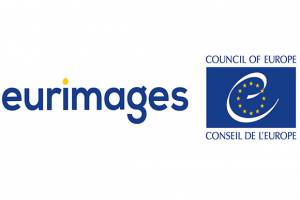 Eurimages is the Council of Europe fund for the co-production, distribution and exhibition of European cinematographic works. Set up in 1988 as a Partial Agreement it currently has 36 Member States.
Eurimages is the Council of Europe fund for the co-production, distribution and exhibition of European cinematographic works. Set up in 1988 as a Partial Agreement it currently has 36 Member States.
Eurimages aims to promote the European film industry by encouraging the production and distribution of films and fostering co-operation between professionals.
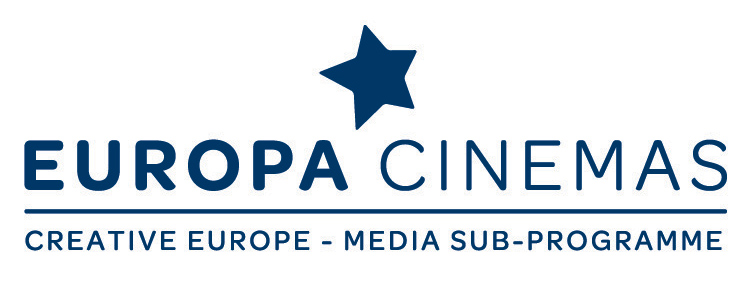 Founded in 1992 with funding from the MEDIA programme and from the Centre national du cinéma et de l'image animée (CNC), Europa Cinemas is the first film theatre network focusing on European films.
Founded in 1992 with funding from the MEDIA programme and from the Centre national du cinéma et de l'image animée (CNC), Europa Cinemas is the first film theatre network focusing on European films.
http://www.europa-cinemas.org/en/
 Europa Distribution was created in March 2006 at the initiative of French independent distributors. Its aim is to gather the independent European distributors who all share the same worries, in order to push on common problems at the European level. Europa Distribution, with a membership of more than 100 leading independent distributors representing 26 countries, serves as the voice of the European independent film distributor. http://www.europa-distribution.org/
Europa Distribution was created in March 2006 at the initiative of French independent distributors. Its aim is to gather the independent European distributors who all share the same worries, in order to push on common problems at the European level. Europa Distribution, with a membership of more than 100 leading independent distributors representing 26 countries, serves as the voice of the European independent film distributor. http://www.europa-distribution.org/
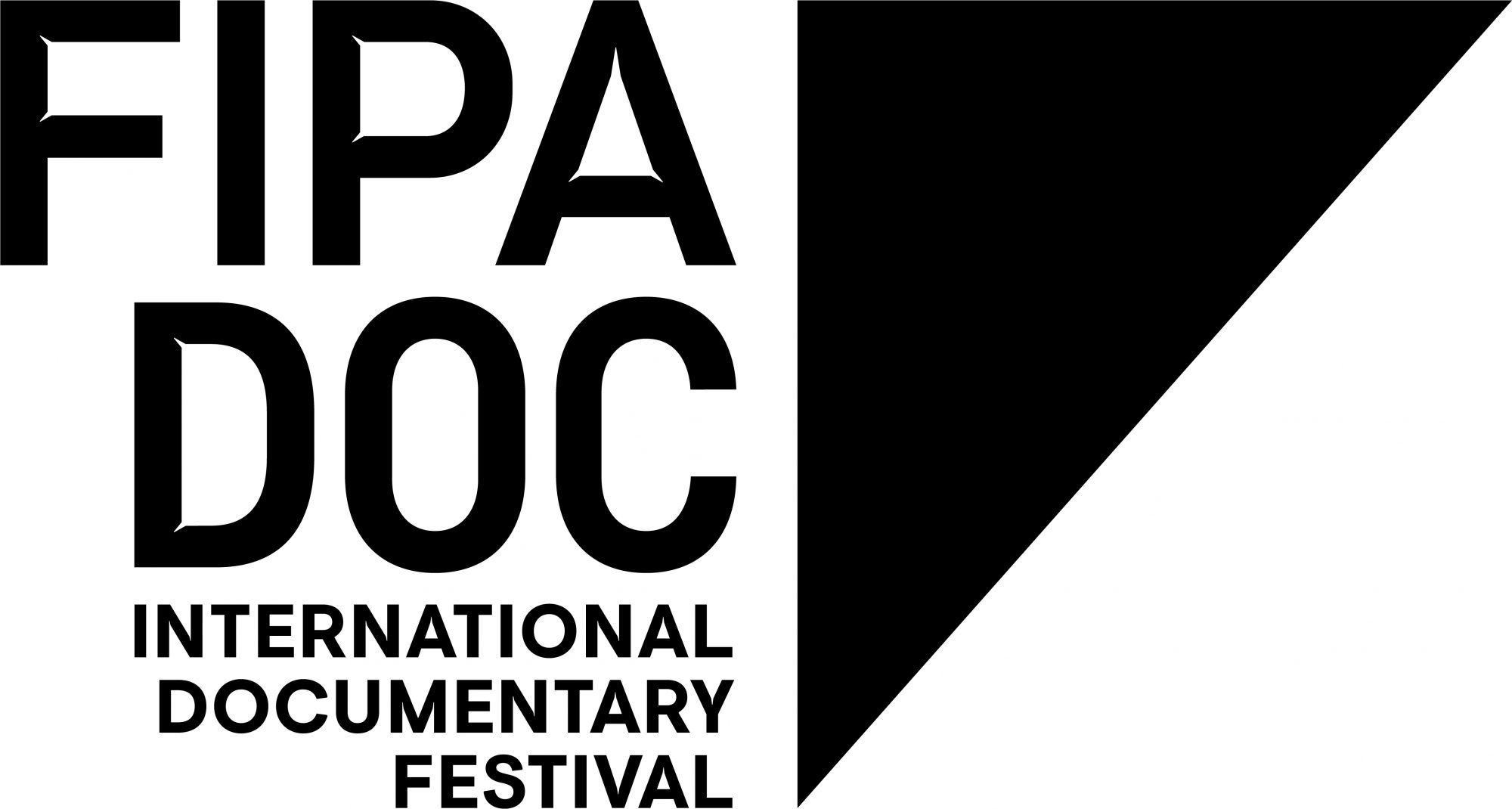 International Festival of Audiovisual Programs.
International Festival of Audiovisual Programs.
The only festival that defends all genres of international audiovisual creation: fiction, series and soap operas, creative documentaries, reportages and current affairs, and music and live performance. 6 days of insightful, independent, demanding critique, and of sensitive approaches that reveal the world as it is in all its diversity. 6 days of opportunities for professionals, the general public, students, directors, and juries to meet one another and discover the very best audiovisual productions of the year.
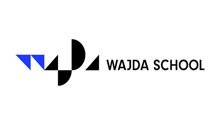 In 2001, Andrzej Wajda and Wojciech Marczewski formed a film school. Based on the concept of the ‘Film Group’ model, they focused on the effectiveness of the group work method and on the collaboration of generations, and offered a program that is unique in Europe, combining education with production targeted to film professionals.
In 2001, Andrzej Wajda and Wojciech Marczewski formed a film school. Based on the concept of the ‘Film Group’ model, they focused on the effectiveness of the group work method and on the collaboration of generations, and offered a program that is unique in Europe, combining education with production targeted to film professionals.
Privacy Policy
FNE Updated Privacy Policy
FNE has updated its Privacy Policy in compliance with the new General Data Protection Regulation (GDPR) that has been passed in the European Union. These changes will apply globally no matter where you live.
FNE has always respected your personal data and we have do not sell or pass on this data to third parties.
We would encourage you to take a few moments to read through the policy. If you have any concerns about what you see, please email This email address is being protected from spambots. You need JavaScript enabled to view it..
If you wish to opt out you may unsubscribe at any time.
Privacy Policy Updated 22 May 2018
Summary
To help protect your privacy, we provide this notice explaining the online information practices of Film New Europe. This notice is installed on the FNE home page to make it easy to find..
All personal information provided by you will be treated in accordance with:
- The Data Protection Directive 95/46/EC and ePrivacy Directive 2002/58/EC as implemented by countries within the EEA
- From 25th May 2018 the General Data Protection Regulation
- Other laws that are similar, equivalent to or that are intended to implement, amend or replace the laws that are identified in a and b above (the ‘Data Protection Legislation’).
Personal data is information which directly or indirectly identifies you. We are committed to processing your personal data in accordance with EU Data Protection laws. For the purpose of EU Data Protection laws, Film New Europe is the data controller.
Our privacy policy applies to all information collected in connection with operating the Film New Europe website.
Registration is not required to enter our site. By using this site, you are accepting the practices described in this privacy policy.
Information we may collect includes:
- Name and job title
- Contact information including email address
- Phone number
- Company address and/or website
- Country
We do not collect any credit/debit card information or any other data of a personal financial nature.
We use this information to develop ways to advance our goal of providing an interactive service by which film and television professionals in the new EU member states and Turkey may interact on issues of mutual interest. This will help us to understand your needs and provide you with a better service.
From time to time, we may offer optional questionnaires and surveys to our users to help us assess users' interests and needs. If we collect such information from our users in these questionnaires and surveys, the users will be given notice of how the information will be used prior to their participation.
Film New Europe may amend this policy from time to time, by updating this page.
What are cookies and how they are used here?
Cookies are small pieces of information sent by a web server and stored on your computer (or other device you are using).
Services uses cookies to identify your personal preferences and login information. In other words, the cookies allow you access to some of our features.
The service enables the use of cookies by third parties (such as Google) for statistical purposes.
You can decide whether you want the cookies to be saved on your device. You can disable or turn off cookies in your browser settings.
Please note that disabling cookies may, however, cause you will not be able to use the service options.
Your Rights
You have a right to:
- Request access to your data and information, and about how it is being used.
- Request rectification or erasure of your personal data.
- Request restriction of processing or to object to the processing of your personal data.
- Request data portability, ie to request the transfer of personal data from one data controller to another.
If you wish to exercise any of these rights or withdraw consent to use your personal data, you should contact the IT Principal as described below. You also have the right to lodge a complaint about the processing of your personal data with your local Data Protection Supervisory Authority
How to Contact Us
Should you have questions or concerns about our Privacy Policy, email us at This email address is being protected from spambots. You need JavaScript enabled to view it..
Security and Data Retention
We will take steps to protect your personal data against loss or theft, as well as from unauthorised access, disclosure, copying, use or modification, regardless of the format in which it is held.
In the event a security breach, we are legally obliged to notify the authorities within 72 hours and would endeavour to react as fast as possible to resolve the problem.
How long will my data be kept?
We will keep your personal data until you or we delete it or you unsubscribe.
Sharing your personal information
We may share your personal information with our trusted service providers, sub-contractors and agents that we may appoint to perform functions on our behalf and in accordance with our instructions, including market research analysts, reporting to public funding bodies and IT service providers.
We require all other organisations with whom we share your personal information to respect the security of your information and to treat it in accordance with the law. We do not allow our service providers to use your personal data for their own purposes.
Other than as expressly set out in this Privacy Policy, we will not sell, rent, trade or distribute your personal information to third parties without your express consent or are required by law to do so.
No Spam policy
We will not send you spam emails.
While you are a Subscriber, you will receive essential service related emails from us. Unless you expressly agree that we may do so, we will not supply, sell or rent your email address to any third party and you will not receive emails that relate to other services or offerings from us .
To help protect your privacy, we provide this notice explaining the online information practices of Film New Europe. This notice is installed on the FNE home page to make it easy to find, and is effective as of Sept. 1, 2007.
Our privacy policy applies to all information collected in connection with operating the Film New Europe website.
Registration is not required to enter our site. By using this site, you are accepting the practices described in this privacy policy.
Information we may collect includes:
- Name and job title
- Contact information including email address
- Phone number
- Company address and/or website
- Country
We do not collect any credit/debit card information or any other data of a personal financial nature.
We use this information to develop ways to advance our goal of providing an interactive service by which film and television professionals in the new EU member states and Turkey may interact on issues of mutual interest. This will help us to understand your needs and provide you with a better service.
From time to time, we may offer optional questionnaires and surveys to our users to help us assess users' interests and needs. If we collect such information from our users in these questionnaires and surveys, the users will be given notice of how the information will be used prior to their participation.
Film New Europe may amend this policy from time to time, by updating this page.
What are cookies and how they are used here?
Cookies are small pieces of information sent by a web server and stored on your computer (or other device you are using).
Services uses cookies to identify your personal preferences and login information. In other words, the cookies allow you access to some of our features.
The service enables the use of cookies by third parties (such as Google) for statistical purposes.
You can decide whether you want the cookies to be saved on your device. You can disable or turn off cookies in your browser settings.
Please note that disabling cookies may, however, cause you will not be able to use the service options.
How to Contact Us
Should you have questions or concerns about our Privacy Policy, please call us at 00 48 22 556-5478 or email us at This email address is being protected from spambots. You need JavaScript enabled to view it..
About Us
FNE Team
General Director
Anna Franklin
+48508566264
Project Manager
Anna Shevchenko - anna.shevchenko [at] filmneweurope.com
Michał Klimkiewicz - michal.klimkiewicz [at] filmneweurope.com
Cathy Meils - cathy.meils [at] filmneweurope.com
The Film New Europe Association is main networking platform of professionals in the Central and Eastern Europe and Baltic region. The FNE Association board is made up of the heads of the most important film institutions in the region. The webportal Film New Europe with its FNE Daily newswire was chosen as the main tool to achieve the network’s objectives: FNE is the sharing of know how, visibility of regional cultural diversity and finally the voice of the region. FNE is also a pan-European connection for the region and has partnerships and activities with the main pan-European film institutions based in Western Europe.
Chair of the Association - Nataša Bučar
Executive Council: Hrvoje Hribar, Michal Bregant and Dariusz Jablonski
FNE Association Members:
- Bosnia & Herzegovina: Elma Tataragić, Melina Alagic, BiH Producers Association
- Bulgaria: Peter Todorov Acting Director of the National Film Center of Bulgaria
- Croatia: Christopher Peter Marcich, Croatian Audiovisual Centre
- Cyprus: Elena Christodoulidou/Cyprus Ministry of Culture and Education
- Czech Republic: Michal Bregant: National Film Archives
- Estonia: Edith Sepp: Director: Estonian Film Institute
- Georgia: Georgian National Film Center
- Hungary: Csaba Káel, the Head of the National Film Institute - Hungary
- Malta: Johann Grech, Malta Film Commission
- Montenegro: Aleksandra Božović, Film Centre Montenegro
- Latvia: Dita Rietuma: Director: National Film Centre of Latvia
- Lithuania: Laimonas Ubavičius: Director of Lithuanian Film Centre
- North Macedonia: Bojan Lazarevski, the Managing Director of the North Macedonia Film Centre
- Poland: Dariusz Jablonski (President Apple Films): Irena Strzalkowska: Deputy Director Tor Studios, Jacek Bromski President Polish Filmmakers Association.
- Romania: Anca Mitran, Director, Romanian CNC
- Serbia: Gordan Matić, Film Centre Serbia
- Slovakia: Marian Urban, Head of Slovak Producers Association, Peter Dubecký, General Director of Slovak Film Institute
- Slovenia: Nataša Bučar Slovenian Film Centre
Executive advisor to the FNE Assoc Council: Martin Smatlak
Legal Counsel: Vladimir Kroupa
Honorary Advisory Board Members
Andrzej Wajda (Former Honourary Advisory Board member) - a Polish film director. Recipient of an honorary Oscar, he is one of the most prominent members of the Polish Film School.
Eva Zaoralova – an artistic director of the Karlovy Vary IFF, an outstanding journalist and translator; for many years she was the Vice President of the FIPRESCI; she continues to be a member of many festival juries.
Jan Svěrák is the most successful Czech film director since the Velvet Revolution in 1989. The Oscar winner 1997 for “Kolya”.
Joël Chapron – a correspondent in France, responsible for central Europe for UNIFRANCE
Krzysztof Zanussi is one of Poland’s most honoured and important Polish producers and film directors
Martin Šulík is a repeatedly awarded Slovak film director
Juraj Jakubisko is arguably the most esteemed living Slovak film director; he was several times voted the most significant Slovak film maker ever, by both the critics and the audience.
István Szabó is both the best-known and one of the most critically acclaimed Hungarian film directors
Lajos Koltai is a Hungarian cinematographer and film director best known for his work with legendary Hungarian director Istvan Szabo, and Italian filmmaker Giuseppe Tornatore. He was nominated for an Academy Award in 2000 for his work on the film Malèna.
Šarūnas Bartas – one of Lithuania’s most prominent film directors.
Peter Aspden - is the Financial Times’ arts writer, and former arts editor for five years



